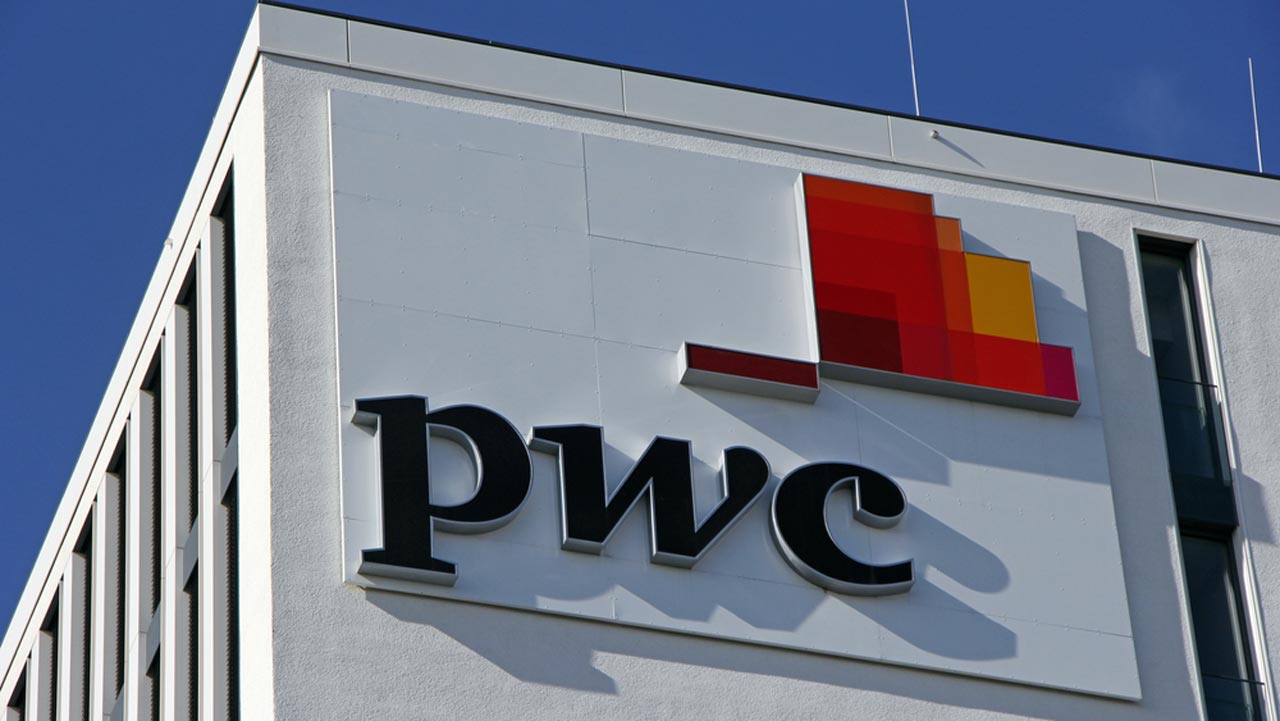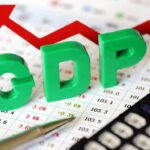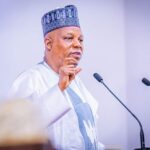A foremost professional services firm, PwC Nigeria, Thursday released its Nigeria Economic Outlook report for 2024, projecting a marginal decline in inflation and 3.1 per cent rise in Gross Domestic Product (GDP).
The GDP projection by PwC is lower than the 3.4 which the Nigeria Economic Summit Group (NESG) projected a day before.
The report also points to a gloomy 2024 with rising poverty levels and the lingering cost of living crisis in the country.
It stated that achieving sustainable growth in 2024 “requires balancing ambitious fiscal reforms with effective budget implementation” while highlighting the importance of “aligning fiscal and monetary policy to stabilise prices and reach target goals.”
- NIGERIA DAILY: Consequences of Tinubu’s Economic Policies on Nigerians
- Reframing education for peacebuilding
In the report, PwC highlighted seven key trends that will shape the economic outlook including executing fiscal reforms: balancing ambition with budgetary implementation; evolving monetary policy stance: and finding the right framework and instruments to achieve price stability, among others.
PwC also examined the proposed infrastructure funding which it said would remain insufficient in 2024.
“The allocated infrastructure spending budget for 2024 is N1.32 trillion, falling short of both the World Bank’s suggested 70% infrastructure-to-GDP benchmark (currently at 30%) and the yearly $150 billion requirement specified in the National Integrated Infrastructure Master Plan for 2021- 2025.
“Security spending in the past nine years amounted to N14.8 trillion. Despite increased spending, insecurity remains a challenge and jeopardises national stability; negatively affects economic activities and undermines investor confidence.”
On revenue, it stated that “Nigeria’s ambitious revenue targets for 2024 depend heavily on oil prices and reform implementation. Historically, actual revenue realised has averaged less than 70% of the total budget.
“Achieving budgeted oil revenue in 2024 will depend on OPEC oil production quota, international oil prices, improved security in the oil-producing regions and geopolitical factors.
“The proposed fiscal reforms have the potential to boost non-oil revenue and shape the economy, but success hinges on effective budgeting and execution.”
On the cost of living crisis, the report noted that consumer spending may be pressured in 2024 “due to rising prices of goods and services (increasing food and transportation costs), coupled with lower disposable income.”
“However, private consumption is expected to be marginally better than in 2023. Poverty levels are projected to increase to 38.8% in 2024.
“Despite the low unemployment rate in the country, low consumer spending and purchasing power remain an issue, especially in the absence of a commensurate increase in the minimum wage to mitigate the inflationary growth in the economy,” the report added.

 Join Daily Trust WhatsApp Community For Quick Access To News and Happenings Around You.
Join Daily Trust WhatsApp Community For Quick Access To News and Happenings Around You.


